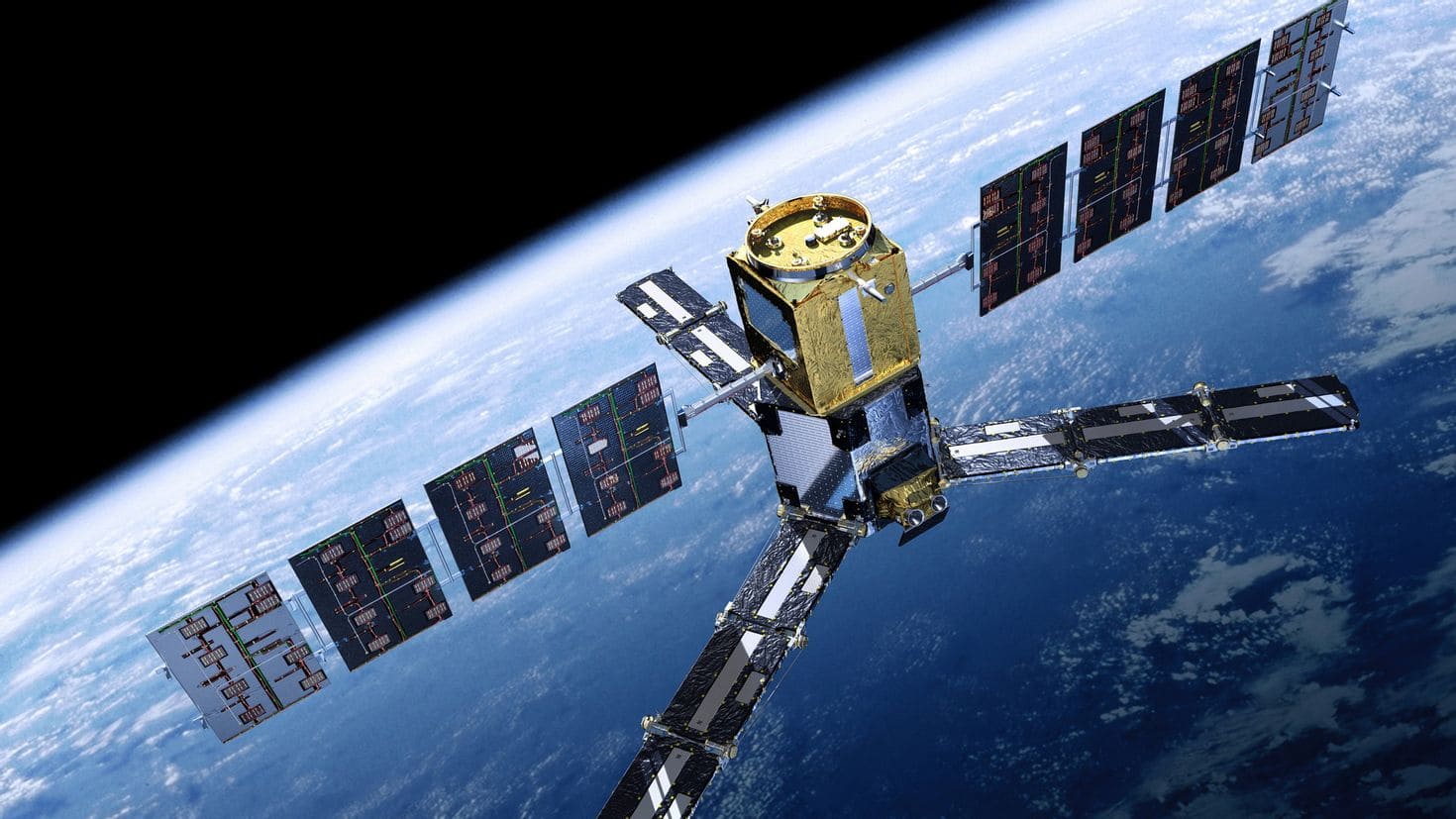The landscape of communications in Africa has undergone remarkable changes over recent decades. A key driver of this transformation is the burgeoning space industry, which has revolutionized how information is disseminated, how communities are connected, and how economic development is pursued. This shift is not just technological but also socio-economic, impacting various facets of African life.
Enhancing connectivity
Satellite technology
One of the primary contributions of the space industry to communications in Africa is the deployment of satellite technology. Traditional terrestrial infrastructure, like fiber optic cables, is often expensive and logistically challenging to implement in remote or rural areas. Satellites, however, can cover vast and inaccessible terrains, providing reliable internet and communication services where they were previously unavailable.
For instance, the African Union’s DTT (Digital Terrestrial Television) initiative leverages satellite technology to broadcast educational and informational content across the continent. Similarly, projects like SpaceX’s Starlink and OneWeb are aiming to provide high-speed internet through satellite constellations, potentially bridging the digital divide in Africa.
Mobile networks
The proliferation of mobile networks has also been significantly enhanced by space technology. Satellites enable mobile network operators to extend their coverage to remote and rural areas, ensuring that more people have access to mobile communications. This has profound implications for economic development, as mobile connectivity facilitates e-commerce, mobile banking, and other digital services that drive economic growth.
Socio-economic impacts
Education and healthcare
Access to reliable communications technology has profound implications for education and healthcare. E-learning platforms, supported by satellite internet, can reach students in remote areas, providing educational opportunities that were previously out of reach. Similarly, telemedicine services can connect patients in rural regions with specialists in urban centers, improving healthcare outcomes.
Economic development
The space industry also plays a crucial role in economic development by supporting various industries such as agriculture, mining, and tourism. For example, satellite imagery and remote sensing technologies enable better resource management and environmental monitoring. Farmers can use satellite data to optimize crop yields, while conservationists can monitor wildlife and natural resources more effectively.
Challenges and opportunities
Infrastructure and investment
While the potential of space technology in transforming communications in Africa is immense, there are still significant challenges to be addressed. Infrastructure development requires substantial investment, and there is a need for collaborative efforts between governments, private sector players, and international organizations to fund and implement these projects.
Policy and regulation
Effective policy and regulatory frameworks are crucial to the success of space-based communication initiatives. African nations need to develop and harmonize regulations to facilitate the growth of the space industry. This includes spectrum allocation, satellite licensing, and cross-border data management, ensuring that the benefits of space technology are maximized while mitigating potential risks.
Skills and capacity building
Building a skilled workforce is essential for sustaining the growth of the space industry in Africa. Educational and training programs focusing on space science, engineering, and technology are vital. Initiatives like the African Space Strategy and partnerships with international space agencies can help build local capacity and foster innovation.
The space industry is at the forefront of transforming communications in Africa, offering innovative solutions to long-standing challenges. By enhancing connectivity, driving socio-economic development, and opening up new opportunities, space technology is helping to shape a brighter future for the continent. Continued investment, supportive policies, and capacity building are essential to fully realize the transformative potential of space-based communications in Africa.



